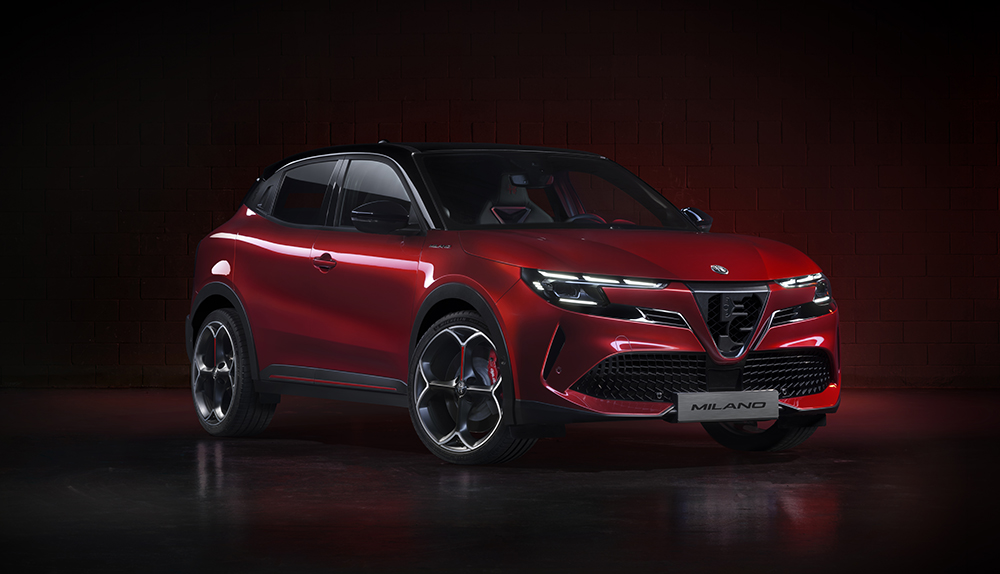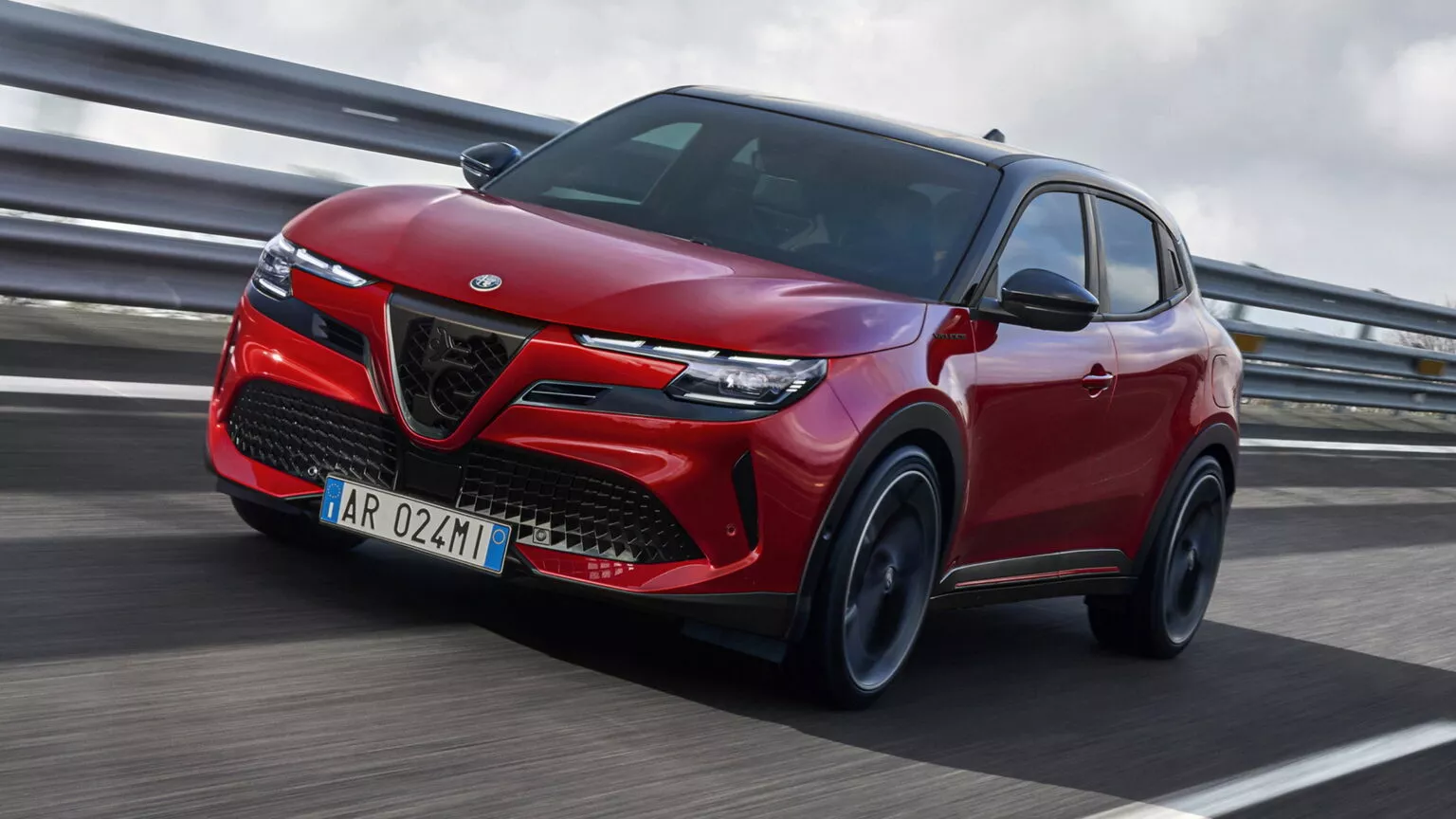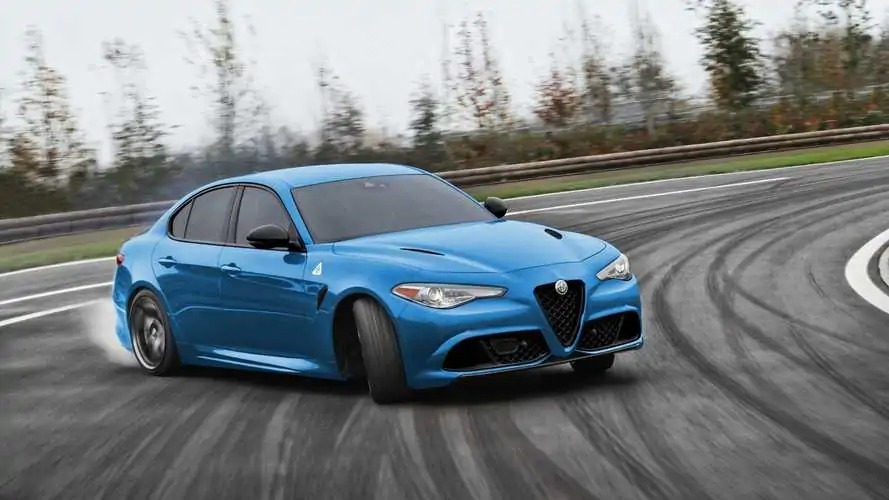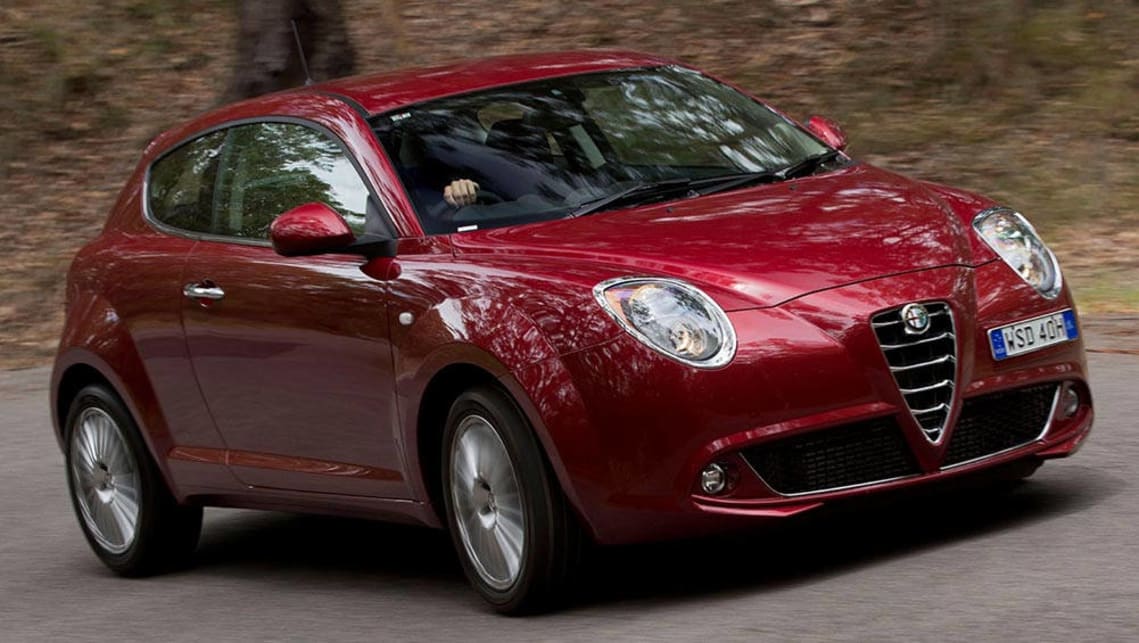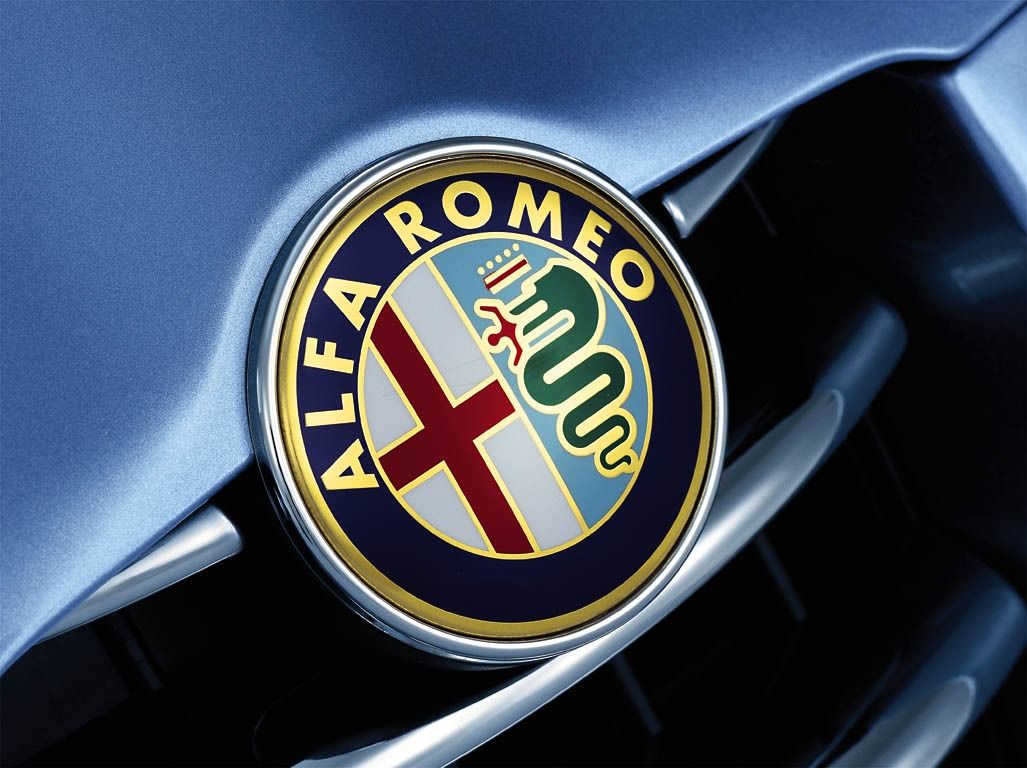In a recent development, the Italian government has criticized Alfa Romeo’s choice to manufacture its new Milano crossover in Poland, arguing that the move violates Italian laws regarding products with “Italian sounding” names that are not actually made in Italy.
Italy’s industry minister, Adolofo Urso, expressed his disapproval, stating, “A car called Milano cannot be produced in Poland. This law stipulates that you cannot give indications that mislead consumers. So a car called Milano must be produced in Italy. Otherwise, it gives a misleading indication which is not allowed under Italian law.”
Despite this, Stellantis’ CEO, Carlos Tavares, defended the decision, claiming that building the Milano in Poland allowed for a price reduction of €10,000 (~$10,700), with the base price starting at under €30,000 (~$32,000). Tavares explained, “If built in Italy, a Milano would have started from about €40,000 (~$43,000) instead of €30,000, limiting its potential on the marketplace.”
The Italian government has been actively working to boost local car production and has previously engaged with Stellantis on the matter. Stellantis has committed to increasing annual production in Italy from 750,000 units to 1 million units, but has faced challenges in securing local subsidies and policy support.
Alfa Romeo has confirmed that the Milano will be available in various configurations, including a turbocharged 1.2-liter petrol engine with a 48-volt system, as well as battery-electric versions with 154 hp and 237 hp.
Stellantis declined to comment on Urso’s statement, while the law referenced by the minister has typically been applied to food products, such as ‘parmesan’ cheese made outside of Italy that resembles authentic ‘parmigiano’ cheese.

